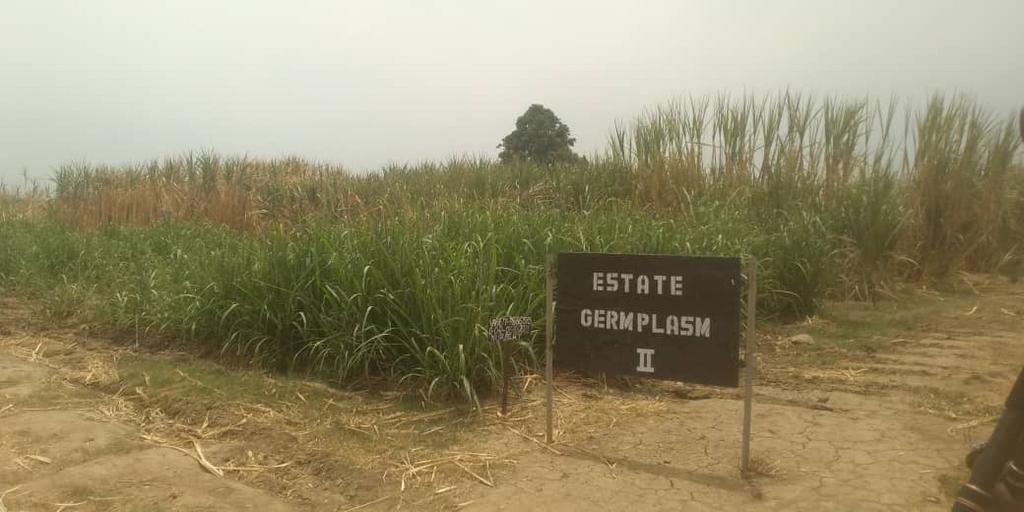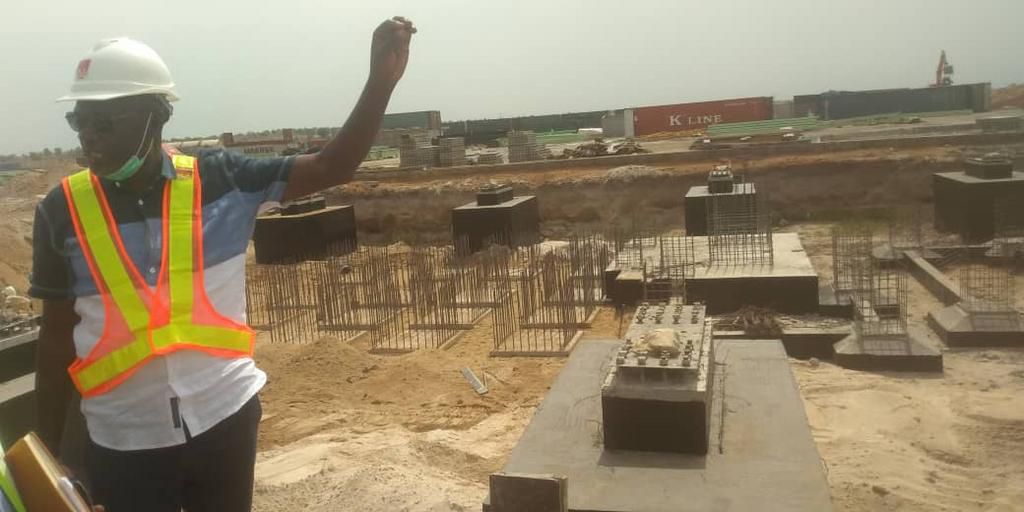BUA Group’s $300m sugar refinery in Lafiagi to be completed by Q1 2022
)
As part of its efforts to adhere to the Backward Integration Programme (BIP) agreement, BUA Group says the construction of its sugar refinery in Lafiagi, Kwara State will be completed by the first quarter of 2022.
Contrary to the claim that nothing is being done at the construction site of the factory, the company says the project is currently the fastest growing BIP project in Nigeria’s sugar sector, adding that the company has invested over $300 million on the project.
During a tour of the refinery site on Monday, April 12, 2021, Mr Abdulrasheed Olayiwola, Senior General Manager, Lafiagi Sugar Company (LASUCO), a subsidiary of BUA Group, told reporters that the company is currently running a 20,000 hectares project for the refinery and sugarcane plantation.

“Lafiagi Sugar factory is the flagship of BIP project of BUA Group. For us at BUA, we believe that whatever is worth doing at all is worth doing well, and that is why we started this project on a big scale. We took over Lafiagi in 2014 formally and the project started in 2016, and since then, there has been no going back. Interestingly, it is the fastest BIP project in the country at the moment,” he said.
According to Olayiwola, the project on completion will be an integrated factory, comprising a sugar refinery, a mill, an ethanol plant, and a 35,000 megawatt power plant.
“What we are bringing in is an integrated factory. Four factories in one, we don’t have it in any plantation in Nigeria. We are building four factories; a mill that’ll produce 10,000 tonnes of canes per day; the highest capacity in Nigeria at the moment. Other sugar plantations do not have this kind of capacity.
“We are not stopping at the mill because that is the brown sugar you see, but we are migrating to a refinery, we are going to be refining the sugar. So, we have the refinery under construction at the moment, and we are building a power plant- a 35 megawatts power plant and part of it would be solely for the refinery and part of it would go to the national grid”.

Speaking on the contribution of the project to Nigeria’s economy, Abdulrasheed said the refinery will create 5,000 jobs for direct staff and indirectly create over 10,000 jobs for ancillary staff.
On the infrastructure development part of the project, he said the plantation on completion will have a school, a hospital, road networks linking the refinery to neighbouring communities, canals to bring water from river Niger for irrigation and over 200 housing units of different types for staff.
Following Abdulrasheed’s address, LASUCO’s Head of Project, Mr. Labaran Saidu led reporters and staff of the company to the sugarcane plantation, the refinery and the research laboratory headed by Mr. Adedodun Sanusi.
)
)
)
)
)
)
)
)
)
)
)
)
)
)